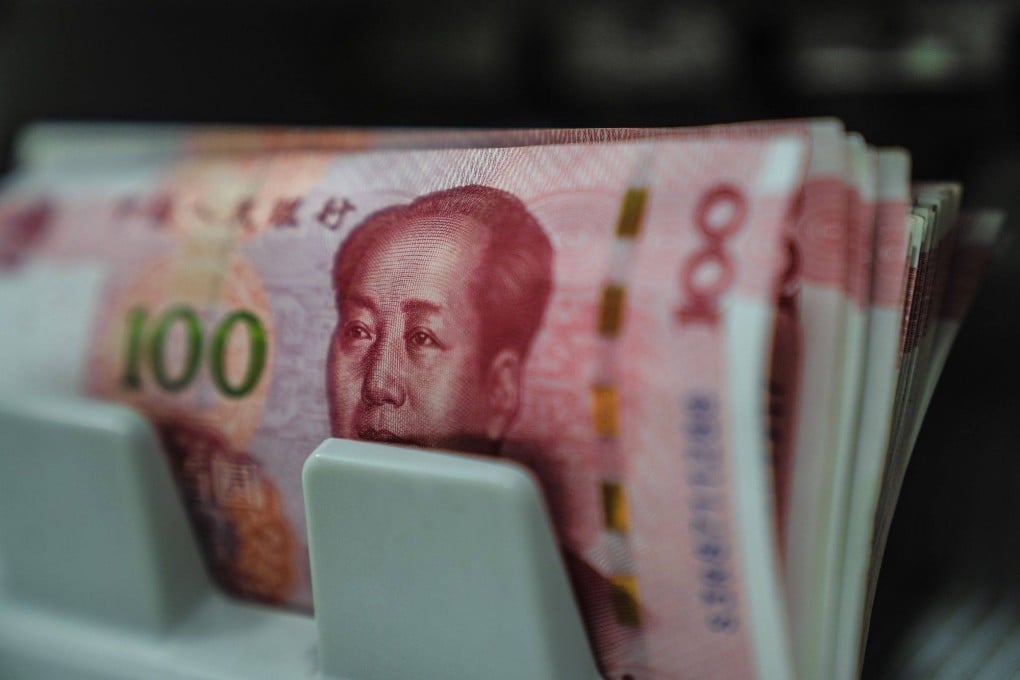Advertisement
China’s ‘two sessions’ 2023: how debt-saddled local governments underscore Beijing’s moderate GDP target
- Talk of financial risk management at annual meetings is high-profile reassurance of leadership’s repeated vows to curb such risks and alleviate revenue problems
- ‘Already high’ government debt pressure could lead to reduction in special purpose bonds issued by local authorities to pay for major infrastructure projects
Reading Time:4 minutes
Why you can trust SCMP
1

China’s moderate economic growth target for 2023 sets the tone for more debt-control measures among local governments amid a growing chorus of concerns over default risks and uncertainties surrounding China’s economic recovery, according to analysts.
Premier Li Keqiang’s final work report to the annual National People’s Congress (NPC) on Sunday highlighted the heightened risks from monetary debt at local levels of government across the country.
And while calling for the curtailing of incremental new debt and the reduction of outstanding debt, Li also said the local-debt-maturity structure needs to be optimised, with lower interest burdens.
Beijing aims to boost its gross domestic product (GDP) by around 5 per cent this year, a relatively moderate growth target that will allow for more leeway to focus on resolving long-term challenges, which include big piles of government debt, analysts said.
Hit by the impact of the pandemic and China’s restrictive zero-Covid policy, many regions across the country are facing economic hardships, with a broad plunge in revenue from land sales and with less tax revenue from tax breaks over the last three years.
Advertisement